Beyond Consequences: Why Traditional Behaviour Strategies Fall Short
Teaching Social Skills for Neurodiverse Students
Traditional behaviour strategies (including ignoring, consequences, counting to 3 and timeout) often don’t work for children with autism, ADHD, ODD and PDA. These strategies are effective for neurotypical children who are better at regulating their own emotions, however children with special needs are often very literal thinkers and struggle with the mind reading and problem solving that these strategies require.
Discussed in this Podcast
✅ Using visual timers for transitions between activities
✅ Creating social scripts with photos/videos of expected behaviors
✅ Implementing token systems with clear, explicit goals
✅ Developing visual schedules showing computer time and next activities
✅ Practicing conversation starters through role-play
✅ Using facial expression displays for emotion recognition
✅ Creating “when to tell” and “not to tell” scenario posters
✅ Implementing playground clubs and calm areas
✅ Recording video models of desired behaviors
✅ Using scrapbooks to document social knowledge
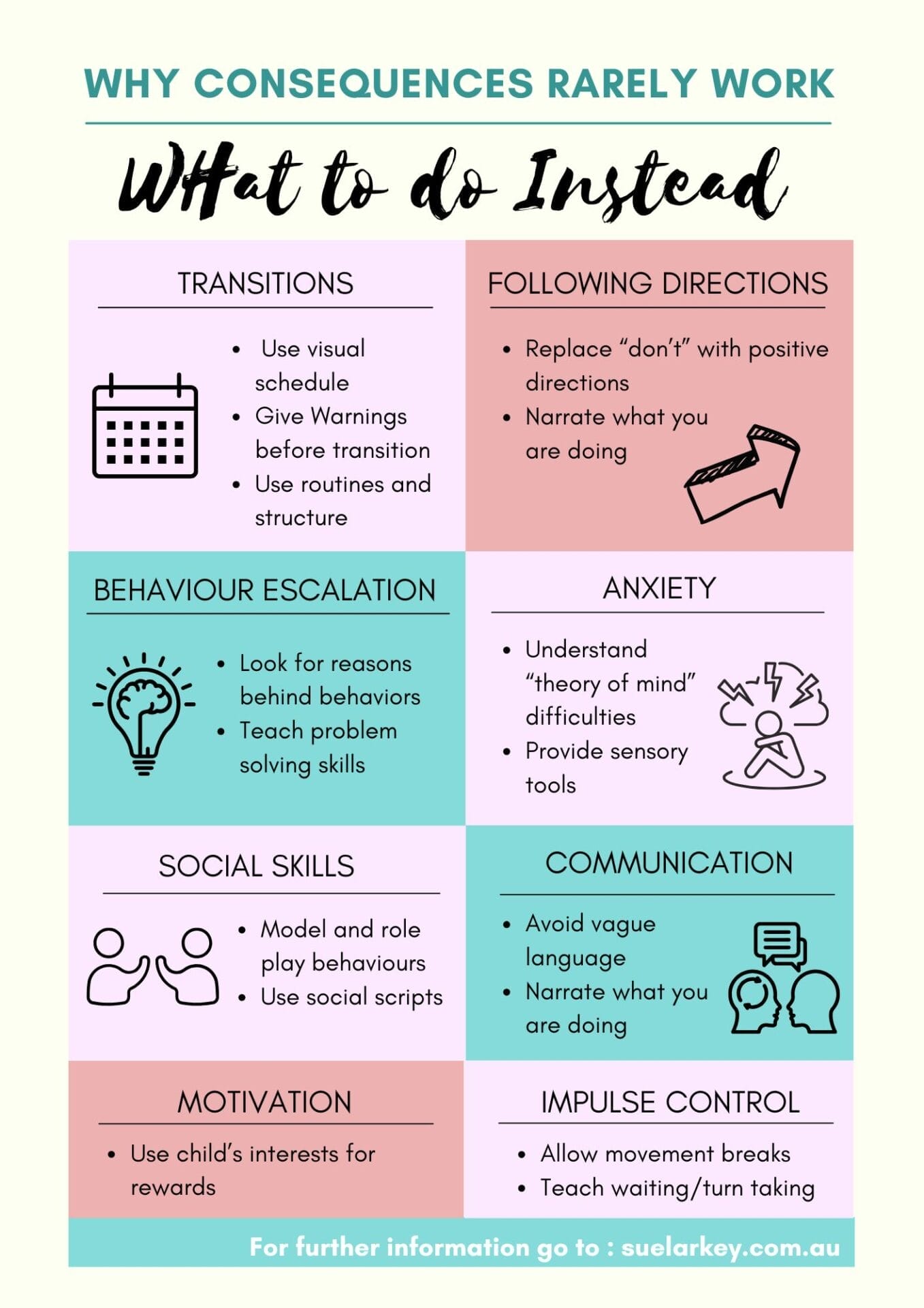
3 Golden Rules
By Sue Larkey

Not every strategy works for every child.

Strategies wear out. Use them until they stop working but be ready to adapt if they stop being effective.

To know someone with autism is not to know autism. Everyone works differently and autism is a big spectrum.
What to do instead
- Social scripts. (Don’t know what social scripts are? CLICK HERE to find out more)
- Say “what to do” instead of “what not to do”.
- Schedules. (CLICK HERE for the number one strategy for creating schedules)
- Reward behaviour – use their currency/special interest. I recommend using tokens. (CLICK HERE for an explanation of how they work)
- Your words matter. (CLICK HERE to learn about the power of your words)
- Timers. (CLICK HERE to buy them or find out how they work)
- 50/50 behaviour plans. (CLICK HERE to learn more)
Ask yourself:
- Is what we are doing working? If it is, there’s no need to change!
- What is the biggest challenge we have and want to change?
- What do we believe is the cause?
- What can we replace it with?
Theory of Mind
Quote from ‘The Complete Guide to Asperger’s Syndrome’ by Tony Attwood
“Theory of Mind is the ability to recognise and understand thoughts, beliefs, desires and intentions of other peole in order to make sense of their behaviours and predict what they are going to do next. It has also been described as ‘mind reading‘ or ‘mind blindness’.”
Here are some alternatives to using consequences when working with neurodiverse students:
– Focus on positive reinforcement and rewards rather than punishment. For example, use tokens or rewards based on the student’s interests to motivate desired behaviors (00:18:09).
– Be proactive about teaching and reinforcing replacement behaviors, rather than relying on consequences after the fact (00:20:25).
– Use visual supports and social scripts to make expectations clear (00:17:02).
– Look for the underlying reasons behind behaviors and make adjustments to accommodate needs (00:32:23).
– Allow sensory/movement breaks to help regulate emotions rather than punishing outbursts (00:07:40).
– Teach calming strategies and provide sensory tools (00:24:13).
– Use warnings, timers, and reminders to ease transitions rather than forcing compliance (00:26:59).
– Keep expectations and directives clear and positive, avoid vague “no” statements (00:16:26).
– Allow flexibility and pick your battles when possible (00:30:51).
The key is focusing on teaching replacement behaviors, and making adjustments proactively rather than relying on consequence-based strategies alone.
EPISODES YOU MIGHT BE INTERESTED IN
COURSES YOU MIGHT BE INTERESTED IN
Understanding Autism Spectrum Disorder: Knowledge to Improve Student Learning, Participation and Outcomes
MORE BEHAVIOUR BOOKS
SUE LARKEY BOOKS









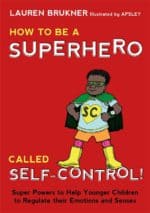










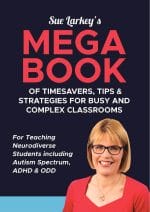


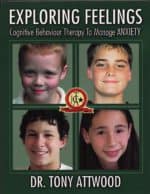

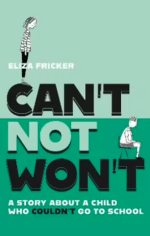

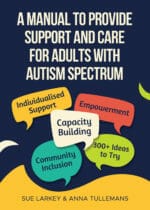
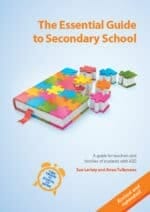


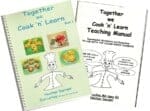





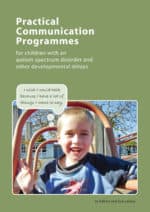
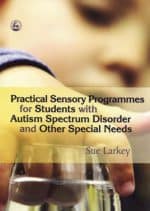
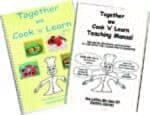
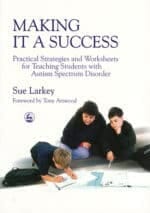

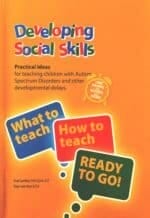
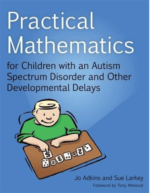




 Sorry we no longer ship items outside Australia. Please consider the digital versions of Sue’s Books –
Sorry we no longer ship items outside Australia. Please consider the digital versions of Sue’s Books – 